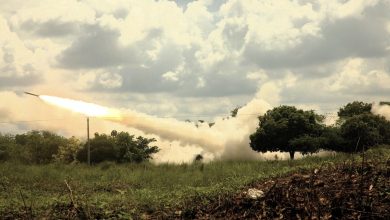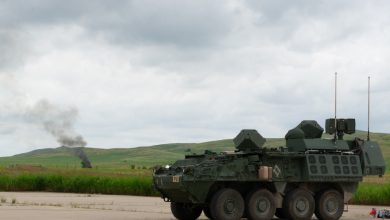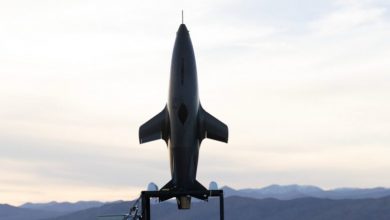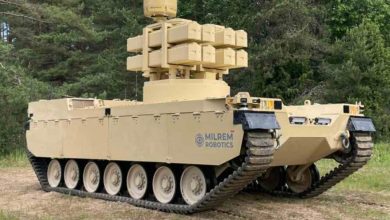South Korea starts mass production of new attack helicopter
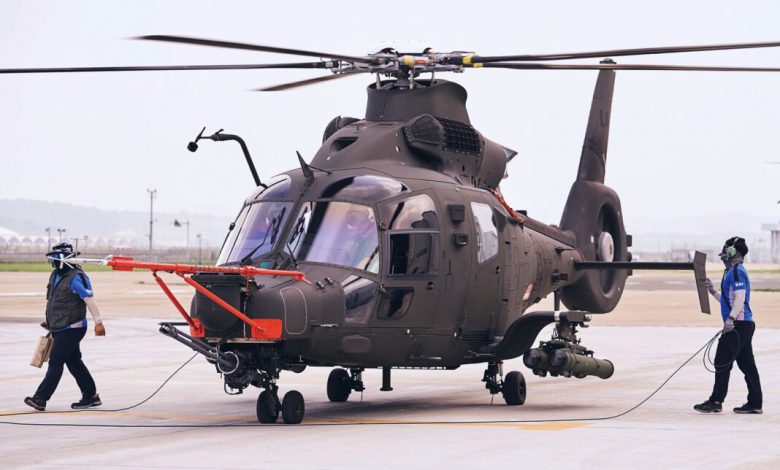
South Korean media reported that the Defense Acquisition and Program Administration (DAPA) and Korea Aerospace Industries (KAI) signed a $234 million contract to begin mass production of Light Armed Helicopter (LAH) on 22 December 2022.
The contract came after the DAPA approved a 5.75 trillion won ($4.5 billion) plan to begin mass production of the LAH through 2031.
This first production contract includes 10 helicopters and a logistics support package – the contract will be fulfilled within 36 months and the first aircraft will be delivered in December 2024.
The KAI’s LAH aims to replace the aging fleet of 500MD Defender and AH-1S Cobra attack helicopters and assume multiple mission roles such as light attack, close air support, escort and troop transportation.
The helicopter features an integrated full-glass cockpit, equipped with smart multi-function display (SMFD) and an integrated electronic map computer (IDMC), while armed with a chin-mounted 20-milimeter turret gun, air-to-ground guided missiles and unguided rockets.
In addition, a four-axis digital automatic flight control system (AFCS), a target acquisition designation system (TADS) and a helmet-mounted display (HMD) help improve the pilot’s ability to complete missions through closer linkage with the weapons system.
Several other defense systems ― an electronic warfare computer, a radar warning receiver and a missile warning receiver ― also help improve the survivability of the aircraft.
The KAI chopper has adopted the Korean variable message format (KVMF) and Link-K ― for the first time among locally developed aircraft. KVMF is a means of exchanging digital data across an interface that could be between combat units at varied organizational levels and applicable to a broad range of tactical communication systems, while Link-K is a tactical data link system for joint operation capability upgrades of Korean forces.
“The first mass production contract carries significance as it serves as a signal of securing mass production contracts,” a KAI official said.


